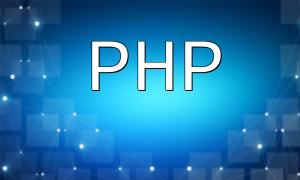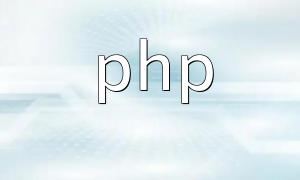Performance optimization is crucial for PHP applications as it directly impacts response time and user experience. This article will discuss common performance pitfalls in PHP and provide optimization strategies to help improve application performance.
Unoptimized database queries can cause performance bottlenecks. Optimizing database queries can significantly improve response times.
Solution: Use indexes, batch processing queries, and optimize query conditions. Tools like MySQL EXPLAIN or Postgres EXPLAIN can be used to identify and optimize slow queries.
Memory leaks can lead to high memory consumption, affecting the stability of the application.
Solution: Release objects that are no longer in use, and avoid unnecessary object creation. Use PHP memory analysis tools like Tideways or Blackfire to detect and resolve memory leaks.
Bottleneck code can slow down the application, especially under high load.
Solution: Use profiling tools such as xdebug or Tideways to identify and optimize bottleneck code. Consider breaking the code into smaller parts and parallelizing tasks for better performance.
While serialization is useful for data transfer, it can have a significant performance impact.
Solution: Consider using alternatives like JSON or protobuf, which are lighter and more efficient, reducing the performance overhead.
Not utilizing caching can lead to repetitive computations, negatively affecting performance.
Solution: Enable caching and store frequently accessed data. Caching libraries like APC or Redis can be used to reduce computation costs and improve response time.
Poor code readability increases debugging difficulty and may lead to performance issues.
Solution: Write clean and readable code, and use code review tools and unit tests to improve code quality.
A lack of monitoring and alerting systems makes it difficult to detect and address performance problems in a timely manner.
Solution: Set up a comprehensive monitoring system to track the application's performance in real-time, and use alerts to notify when anomalies occur.
By avoiding these common PHP performance pitfalls, you can significantly improve the performance and response time of your applications. Perform regular performance testing, optimize the code, and adjust your architecture to ensure long-term stability and efficiency.








